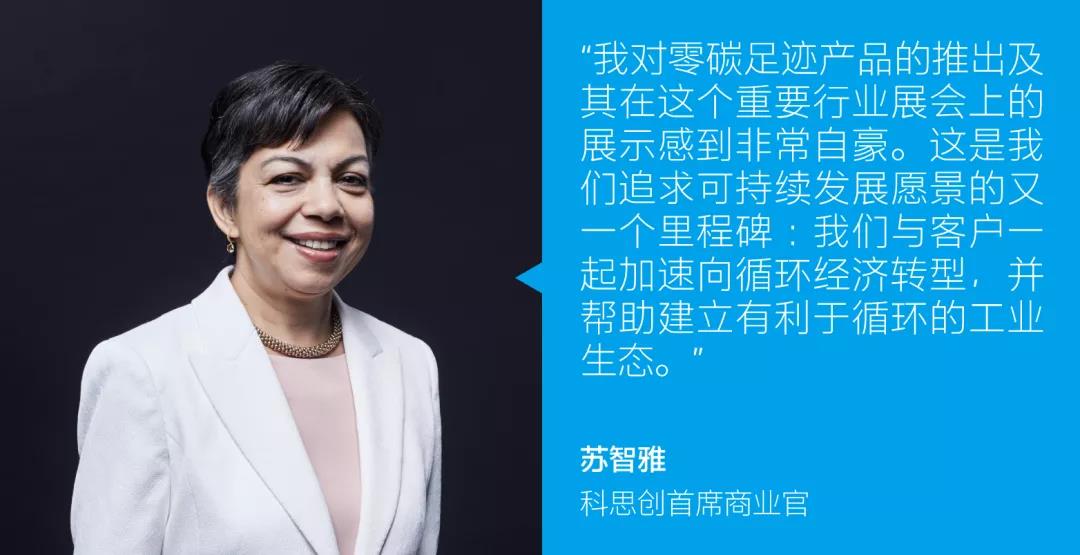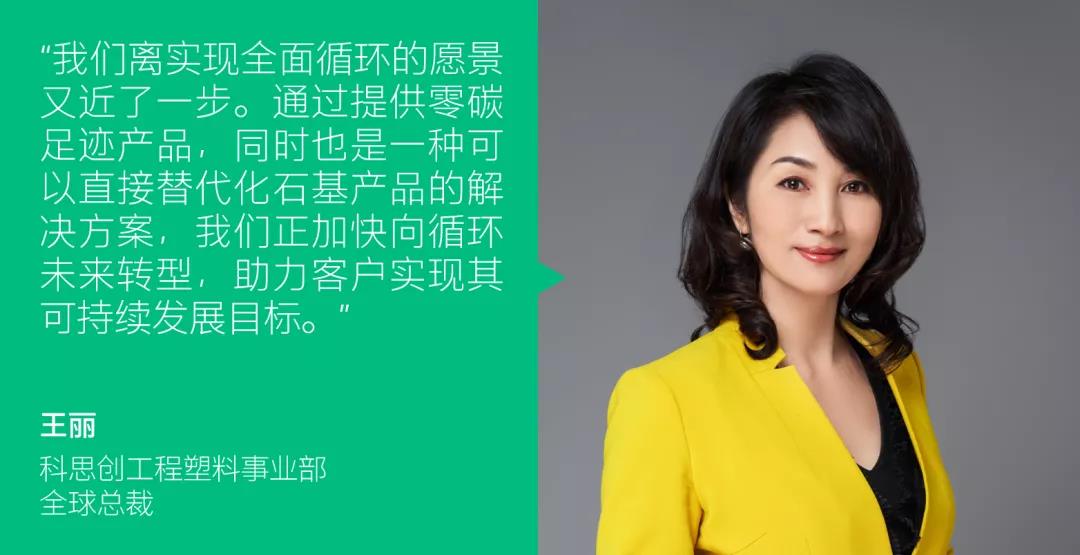Recently, Covestro officially announced that it has started producing the world's first zero-carbon footprint polycarbonate product in Europe!
Finding alternative raw materials to reduce emissions starts from the source
At the end of last year, two of Covestro's European sites were awarded the ISCC PLUS mass balance certification, and the Uerdingen site was one of them. With this certification, the site can supply polycarbonate based on the mass balance method with a partial share of renewable raw materials. These renewable raw materials are derived from biowaste and residues, and the products produced from them can significantly reduce carbon emissions compared to traditional fossil-based products.
Mass Balance Method
It is a chain of custody approach that allows fossil and alternative raw materials to be mixed in production but separated in bookkeeping, thereby allowing materials to be tracked through the value chain and alternative raw materials such as bio-based raw materials to be allocated to selected end products.
Carry out green production
Recently, the Uerdingen base obtained a traceability certification certificate for parity grid-connected green electricity from a German photovoltaic power station. These green electricity are allocated to meet the electricity needs of specific mass balance products, including the electrolytic hydrogen production process and other process steps that are critical to the production of polycarbonate. Our specific Makrolon® RE polycarbonate products are cradle-to-gate carbon neutral* by incorporating renewable electricity into the production process and using raw materials from biogenic waste and residues based on a mass balance approach.
*Zero carbon footprint products are based on a cradle-to-gate life cycle assessment, which includes all phases from raw material extraction (cradle) to leaving the factory gate and being shipped to the customer. This life cycle assessment is based on the ISO 14040 standard and the results have been plausibility checked by TÜV Rheinland. The calculation takes into account carbon uptake by biomass (based on initial supply chain data) and the use of renewable electricity in the production process. Covestro does not use any carbon offsetting measures to achieve the zero carbon footprint of these products.


Accelerate the transformation of circular economy
Our zero carbon footprint Makrolon® RE products are ideal for customers seeking alternative raw materials with a low carbon footprint. More importantly, they offer the same quality and performance as fossil-based polycarbonates and can be used as drop-in replacements without changing existing processes or workflows.
Continuous investment in renewable energy
As a key factor in creating zero-carbon footprint polycarbonate, Covestro will continue to increase investment in renewable energy and purchase green electricity for production, thereby reducing carbon emissions in its production process and helping to create lower-carbon and more sustainable products.
 Current location:
Home >
News >
Industry News >
Covestro begins production of world's first zero-carbon footprint polycarbonate
Current location:
Home >
News >
Industry News >
Covestro begins production of world's first zero-carbon footprint polycarbonate
